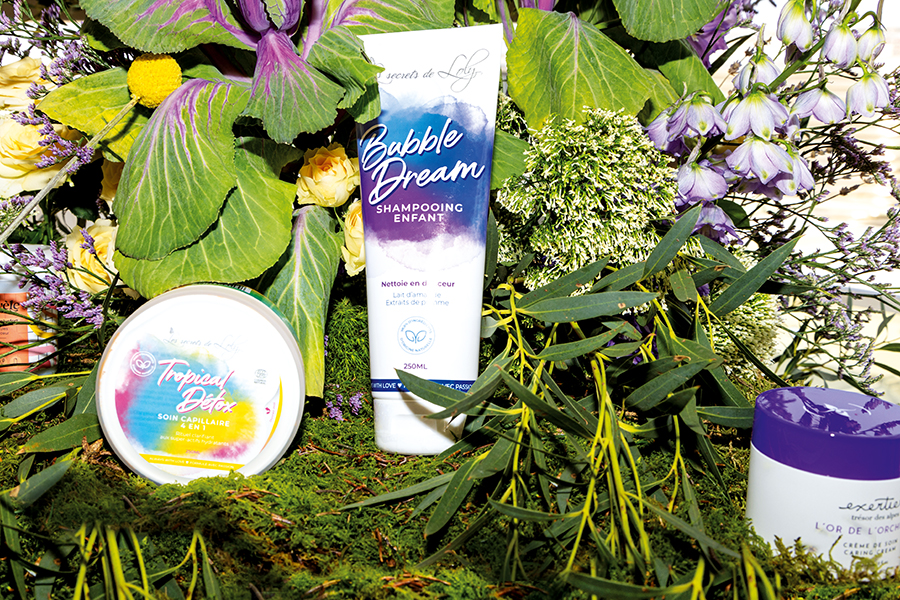
As consumers are becoming more aware of the impact of cosmetic ingredients on their skin and overall wellbeing, the demand for and supply of clean beauty brands and products are gradually increasing. The global cosmetics industry is projected to reach $463.5 billion by 2027, according to Allied Market Research and within that, skincare and clean beauty is among the fastest growing segments. In the Middle East and North Africa (MENA) region, the cosmetics skincare market was valued at $4.67 billion in 2020 and is expected to grow to $5.05 billion by the end of this year, before surpassing $6 billion in 2024, according to Statista.
Clean Beauty and why it matters?
There is no regulated definition for what can be classified as “clean”, but generally they are products void of toxins, and are often created and packaged sustainably and ethically. Some of the chemicals that are used in cosmetics include parabens, phthalates, PEGs, ethanolamine, chemical sunscreens, synthetic fragrance, BHT, and BHA. While clean beauty doesn’t include artificial components that can be toxic, the idea is to not compromise on quality, efficacy, or luxury. Be it skincare, haircare or fragrance clean beauty formulas use the best active ingredients for powerful results and healthy, glowing skin.
Today, the focus on wellbeing extends beyond just clean eating. It is a lifestyle choice that more people in the region are actively opting for influenced largely by the access to the internet and social media, millennial and Gen Zs affinity towards sustainability, purpose and value, and overall awareness.
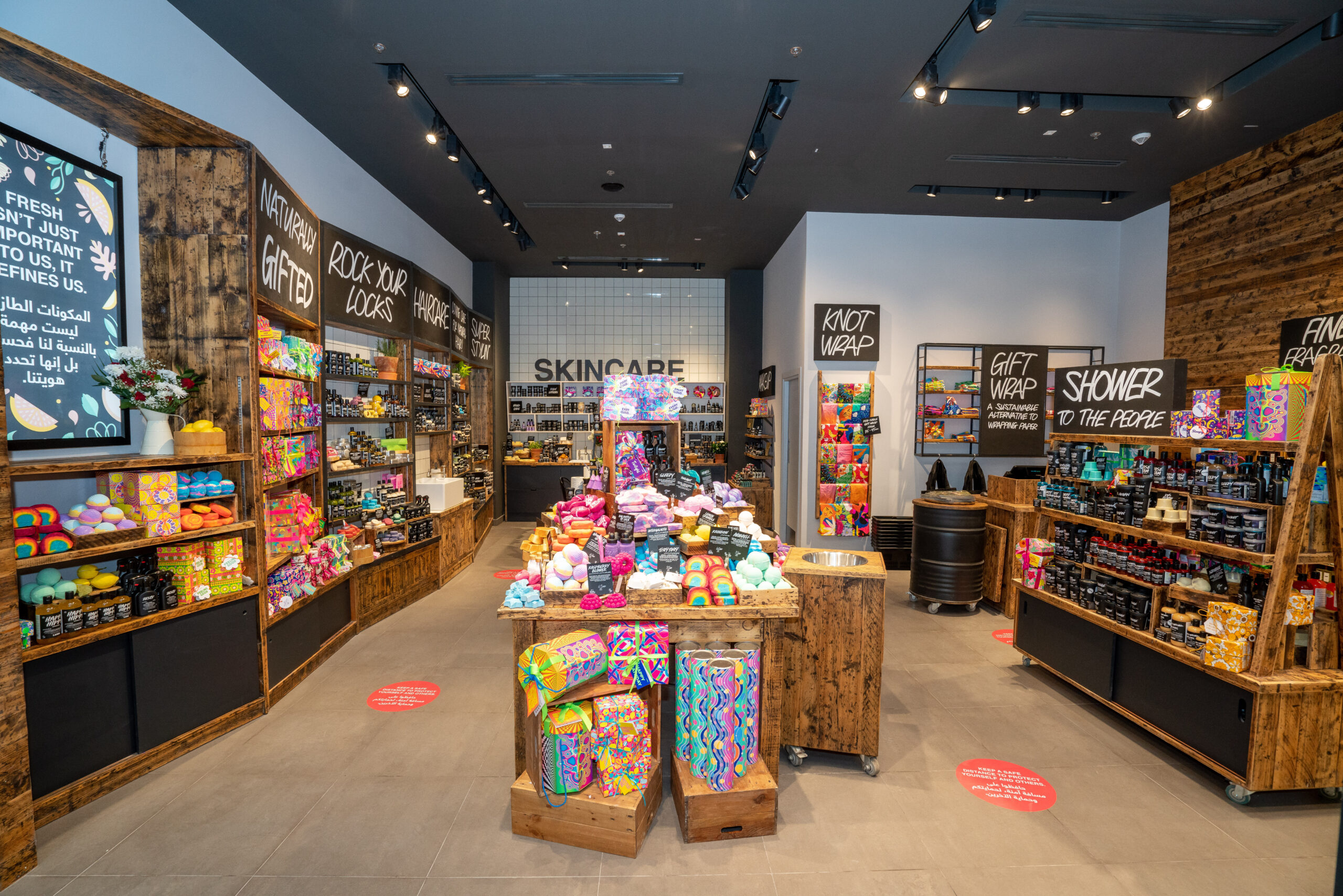
Clean beauty: Ready to change gears
While the clean beauty trends began several years ago, the pandemic accelerated it. Anita baker, Managing Director at Lush MENA, has been riding the wave for a few years now considering the entire business is based on ethical, sustaianble and cruelty-free sourcing.
“Since the pandemic, people are taking care of one’s immunity, eating healthier, and exercising more. This process of self-care and well-being has made them more conscious about what they put on their skin too,” said Anita. Anita brought the Lush brand to the MENA region in 2010. In the last 10 years, the brand has witnessed rapid growth in the region with over 40 stores and more to come. “Now, more than ever, shoppers finally understand the value of consuming ethically produced products that are sustainable and cruelty-free. Veganism and sustainable shopping are two “trends” that are here to stay, and this was all part of Lush’s vision from the very beginning,” she said.
Consumers are more aware and cautious of their needs and wants, and what goes into their products. They are also aware of how much is going into recycling vs a landfill. “When a customer holds a Lush product, they are holding so much more than just a product. It is the combination of carefully picked out ingredients, creativity, and strong relationships. We are the creators of pioneering beauty products such as the bath bomb, shower jellies, and the now-popular solid shampoo bars. We value fresh ingredients, fighting against animal testing, and combating plastic packaging. You can step into a Lush shop, find your haircare, skincare and everything you need for a perfect pamper day all while protecting the environment. That is the Lush experience that truly matters,” she exclaimed. No company is perfect and all brands are a work in progress that strive daily to make a cosmetic revolution. “We aim to leave the planet “Lusher” than we found it. It has been 10 years since Lush has been using recycled paper for our gift wrap and other brands are now catching on,” she added.
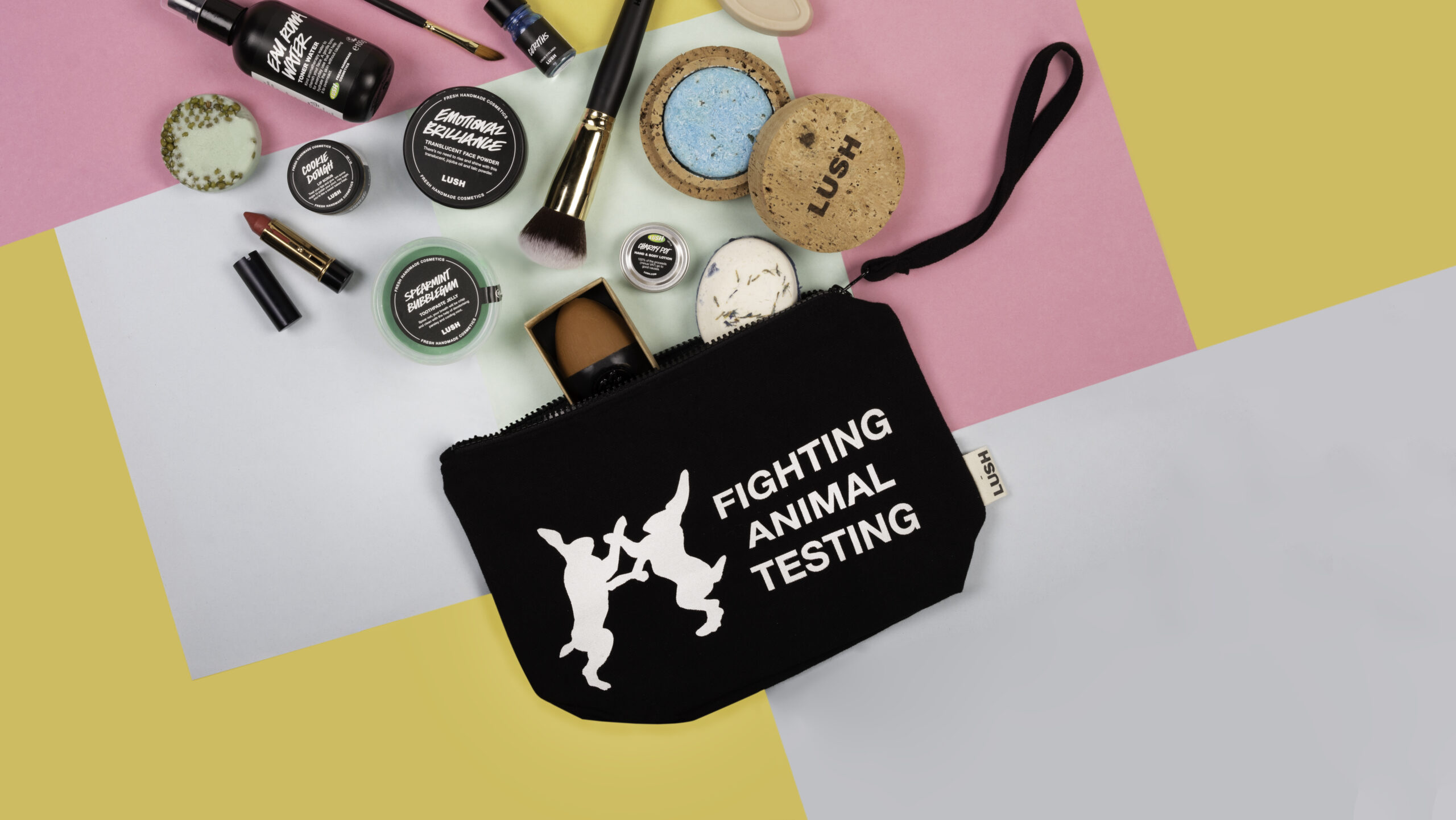
As a skincare company, Lush does not compete with brands that are putting chemicals and acids into their products. Instead, they have launched self-preserving facial moisturizers to give its customers products that support the skin’s natural functions while having minimal interference. “Our brands’ vision is to continue to create products that provide for everyone’s needs, open up important conversations, and encourage more local and sustainable practices. We strive to be part of the continuous change when it comes to plastic waste, animal testing, and ethical sourcing. Lush continues to provide our Lushies with numerous safe alternatives,” stated Anita.
Social media plays a huge part in not just forecasting trends but also setting them. Barring all its vices, social media has grown to become an educational tool for a lot of users, who resort to following a number of content creators and brands that inform them about what’s right for their skin type, what products to use, what trends to follow, and how they can stay updated and relevant.
“People are living longer and we are looking at the idea of the 100-year life, with products suited for your skin type and preference as you age. By rewriting the rules, we can ensure the products we use when we are young because trends told us to, do not show up in uninvited ways as we age. For example, overly bleached teeth turn blue in later years. Or tanning in your 20s can cause major skin damage in your 60s. By staying true to our roots of safe cosmetics we can ensure our customers can use our products for a lifetime,” concluded Anita.
Reinventing the Skincare market
While the clean beauty sector is growing in the region, brands under large retail conglomerates like Chalhoub Group get to leverage from the R&D and resources to make impactful changes in the right direction. From aligning with global and home-grown brands that advocate clean consumption to supporting research and education in this space and increasing accessibility of such products, Chalhoub Group is building and strategically connecting its capabilities to catalyse and support conscious and clean consumption habits among the consumers. Recently, Chalhoub Group hosted the “Innovation in French Clean Beauty” conference within the ‘France Pavilion’” as part of the ‘Month of Creation’ at Expo 2020. The event brought together industry leaders, experts, brands, and researchers to showcase the latest trends and innovations in the clean beauty industry, marking the first conference of its kind in the region.
In one of Chalhoub Group’s recent studies conducted among 1,800+ consumers in the GCC, 30% of the respondents showed interest to know more about clean skincare trends. “Evidently the conscious beauty movement is gaining traction in the region as consumers are keen to incorporate holistic and clean solutions to their skincare regime, a trend accelerated by the pandemic,” said David Vercruysse, President of Managed Companies at Chalhoub Group.
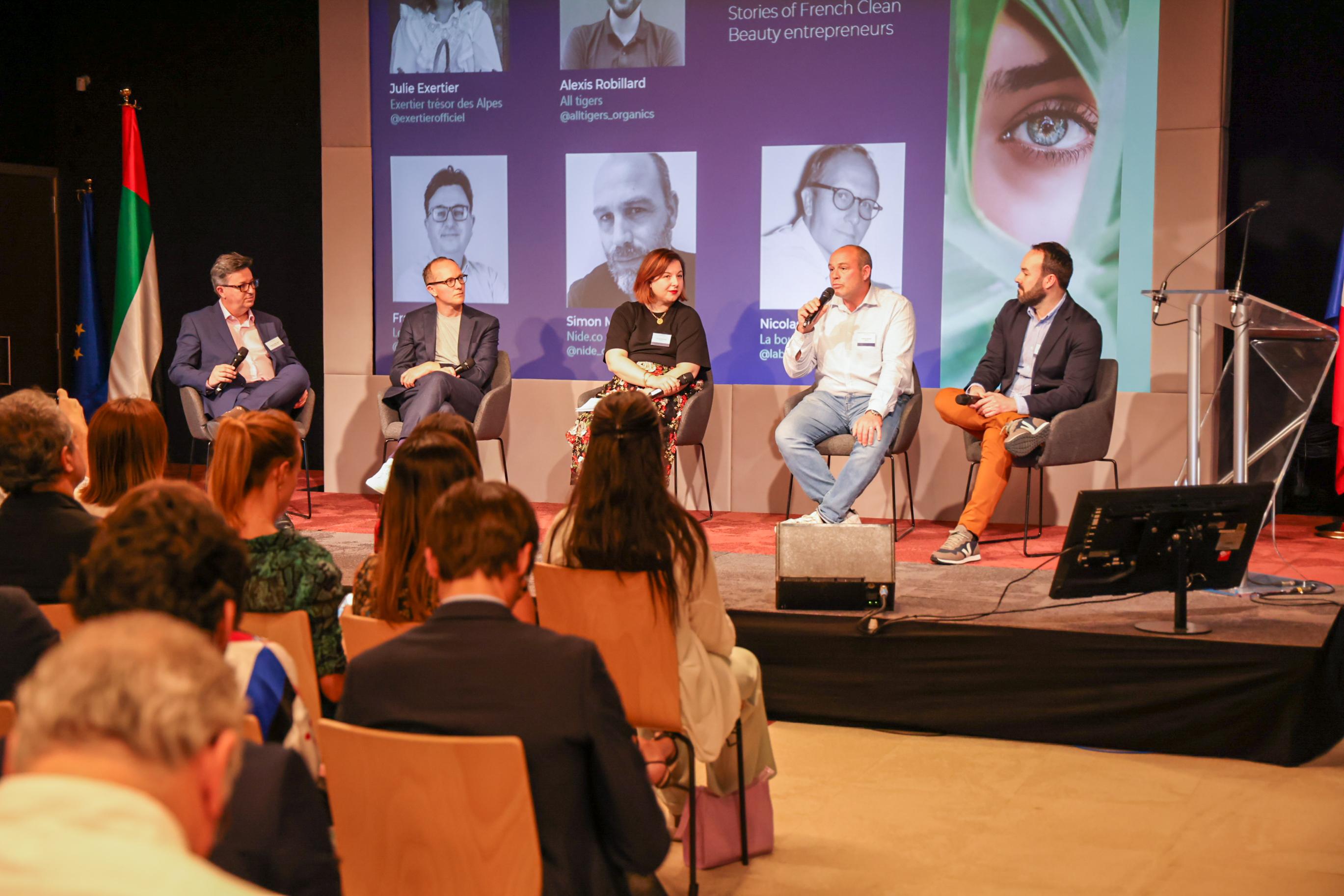
The past few years have redefined the GCC beauty market as more consumers have become acutely aware of using clean products that are good for their skin while being mindful of how their consumption impacts the environment. “At Chalhoub Group, we want to make more clean and sustainable beauty brands accessible to our regional consumers while creating this ecosystem of awareness and education,” added David.
David further explained how skincare is the fastest growing segment in beauty worldwide and within skincare – clean beauty is the fastest growing sub-segment. “ The GCC is one of the fastest growing beauty markets globally, it is a market that Chalhoub Group forecasts will be worth over US$1.6 billion in 2022, up from US$1.2 billion in 2020,” he stated. In the GCC region, David thinks we are starting from a low base. There are limited clean beauty brands and the consumers are also not 100% convinced. “As leaders, it is our responsibility to educate the brands and retailers about the potential —-because if people are made aware about the ingredients, it’s benefits and how you are using them – then they will relate more.”
The event united industry experts to discuss the importance and benefits of clean beauty, the products of tomorrow as well as the latest developments within the industry. A roundtable discussion with spokespeople from leading clean beauty brands, Les Secrets de Loly, All Tigers, La Bouche Rouge and nidéco, focused on the purpose of and the definition of clean beauty when it came to their brands. “Such events raise awareness about the movement. The other way we are trying to spearhead the movement is by reaching out to those entrepreneurs whose products will be distributed by Chalhoub Group in our own stores. We will also make sure that those brands are present in other retailers – because we think Dubai is the right place and right environment for these brands to grow,” he said.
Striving for next level Clean Beauty
Recently, Chalhoub Group, alongside other notable investors invested in French clean beauty brand La Bouche Rouge to meet the growing consumer interest in clean beauty products. Since its inception in 2017, La Bouche Rouge, meaning ‘red lips’ in French, has aimed to curate products protecting the planet for the future generations. The brand seeks to redefine consumption, production, and redistribution with the objective of leaving a positive impact throughout the process. La Bouche Rouge’s quest for natural beauty is also reflected in its proprietary lab where it develops patented, singular formulas with a minimum of 60% active ingredients and up to 91% for its lipsticks. Taking packaging to a new level of chic while aligned with La Bouche Rouge’s environmental commitment, the products come in refillable, eco-designed leather cases.
Nicolas Gerlier, President and Co-founder of La Bouche Rouge said, “We are delighted about this collaboration with Chalhoub Group that marks a new milestone in our development strategy in the Middle East towards one ambition: to create desire around a new beauty luxury paradigm, one that does not compromise between results and sustainability. It’s the duty of our generation to close this gap and to inspire all to make a difference.”
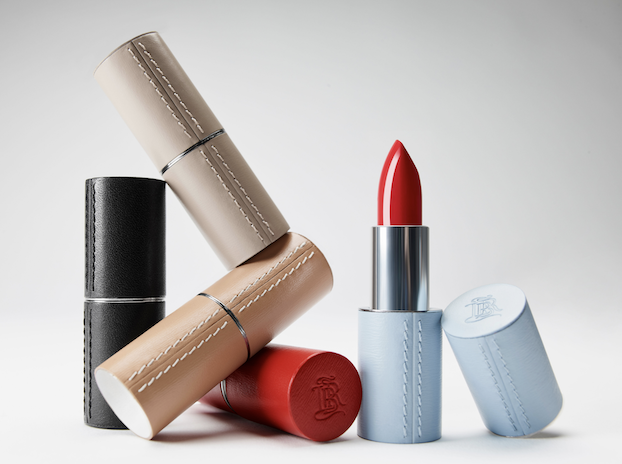
La Bouche Rouge is the first high-end, French clean beauty brand enetring the region, leading the way in this vital category. “Chalhoub is an entrepreneurial company with the mindset of reinvention. We were the first brands to bring the idea to eradicate plastic from A to Z in beauty products formulation, packaging and distribution. Plastic is the biggest reason for pollution to mankind. A wrong product can do a lot of harm — 30% of the people who have eye infection suffer due to petro-chemicals in the product,” said Nicholas. La Bouche Rouge is currently available in ‘A Concept by Muse’ in Riyadh, KSA and in Harvey Nichols at Mall of the Emirates in Dubai, U.A.E. Looking ahead, Chalhoub Group plans to complete a brand rollout across the Middle East by early next year. “ We have the first Glass mascara in the world made with a glass button whilst the brush is made with castor oil fibre and not plastic or micro plastic. In fact it is the first mascara which is 100% recyclable. We are also the first to propose a refill 100% in metal,” he added.
There is still a need for more education and understanding of what we are putting in and on our bodies. The conscious beauty movement is gaining traction in the region, as clean skincare regimes have become a high priority for consumers as part of their overall wellbeing. It’s all about trying to make a meaningful difference – one that will have a lasting impact economically, socially, and environmentally. “What we are trying to do is create the right distribution channel – some brands will be D2C and other brands will go digital and offline. We will train our staff and also make sure that we understand each brand and the ingredients that go into these products, so we can be convinced to sell them,” he said.
At its core, clean beauty means that you can use a product without risking your own health. There is no hard start to the clean beauty movement, with brands following it as a general trend toward wellness and a sustainable lifestyles. “Our aim is to be bold for the movement and be out there. We might not get instant success but we will try our best. It is a learning process so we don’t expect it to be successful overnight in the region but we want every stakeholder to be involved,” he concluded.
You must be logged in to post a comment.